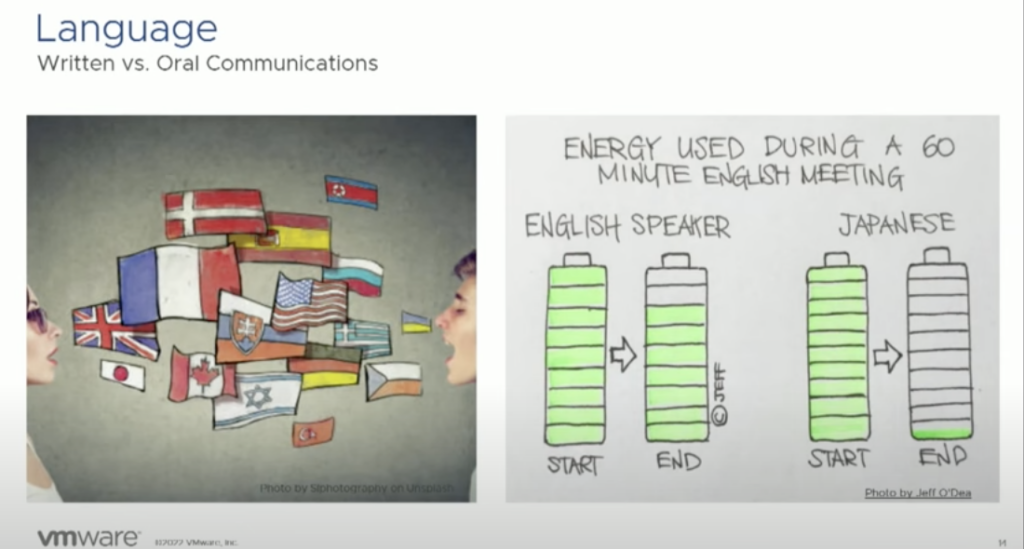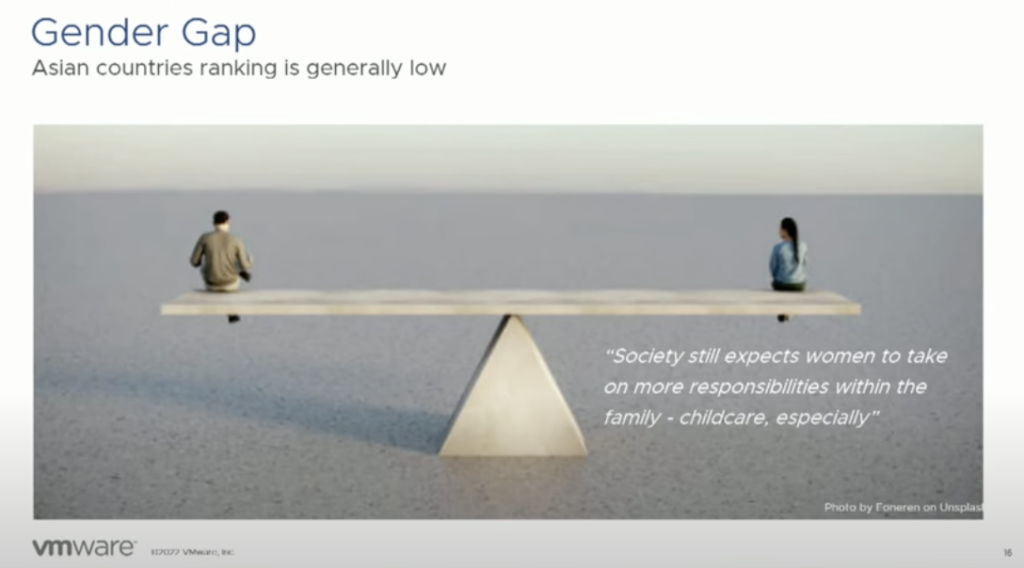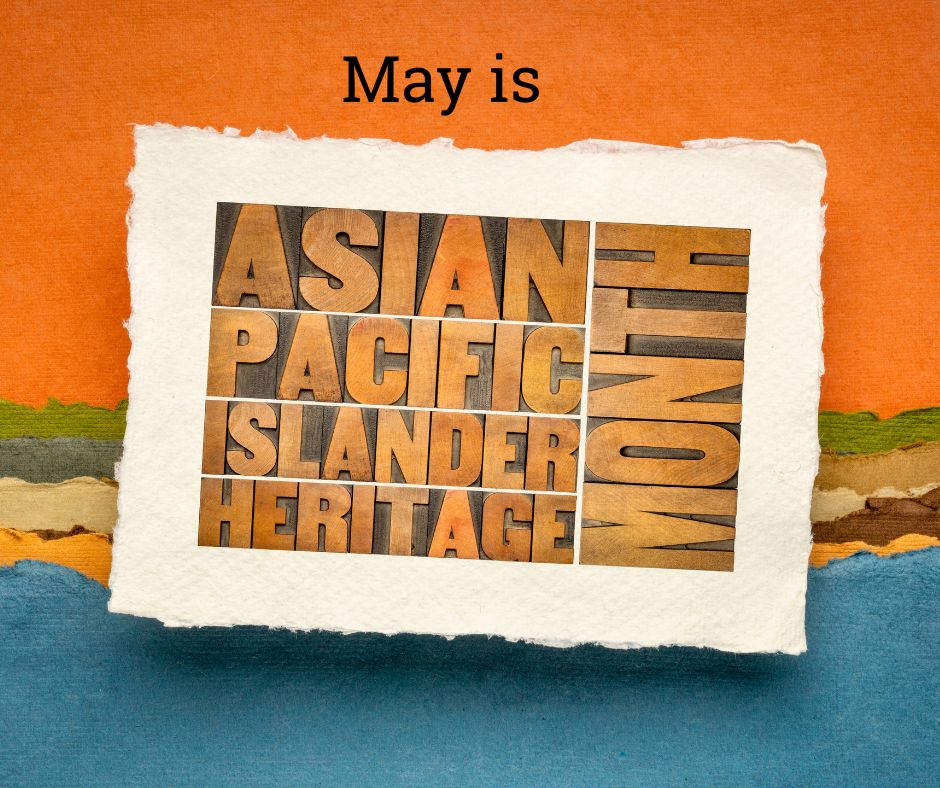The Diversity Empowerment Summit (DES), which was co-located at Open Source Summit North America in Seattle on April 16-18, gave attendees the opportunity to examine how a variety of perspectives and experiences can create a richer open source community and stronger open source code development.
I was fortunate to attend a few of the sessions but the one presented by Masae Shida, Staff Open Source Program Manager, VMware UK, was one of my favorites. Her presentation, “Diversity in Tech – An Asian Perspective,” explored why open source communities struggle to achieve strong community participation from Asia, despite the region representing 60% of the entire world population. Although there are numerous participants from India and China, the number is disproportionately low when compared with US and Europe.
She points out that companies appreciate the benefits of diversity and strive for it but it still remains a challenge. What are the challenges for Asian communities and how do we overcome them?
- Time zones
- Language
- Company support
- Traditional views (gender roles)
- Cultural behaviors
A few things stuck out for me during her presentation.

When discussing language, she mentioned how much energy Asian speakers use in meetings where English is the primary language. I felt this battery analogy in my bones.
English is my second language. I learned how to speak Thai from my parents and didn’t learn English until I started elementary school. Even then, it was a mix of Thai + English = Thaiglish because I was learning both languages at the same time. I remained speaking Thai with them throughout my academic journey and still do so now.
I mention this because it was exhausting. When people asked questions – a teacher, my classmates or friends – my brain immediately created the response in Thai and I’d then have to translate it. In some cases, I said the Thai version first and embarrassed myself.
It doesn’t happen as much anymore. But I can relate to this. Even though Asians can speak and understand English – in a lot of cases it’s their second language, so it takes some time for them to comprehend and/or respond in meetings. I think that’s why a lot of Asians like to be in the background with coding, writing and designing.
How do we overcome this? Sharing the agenda and materials before the meeting. This offers – not just Asian contributors but all of them – an opportunity to review. It gives folks time to understand the messages or strategies before the meeting and the ability to come up with questions or feedback. For someone whose English is a second language, the extra preparation could give them the confidence needed to participate.

The other point that really stuck out with me is the gender gap. Asia consists of 40 countries with different cultures but many of them still have a traditional view of women. They believe women should be at home taking care of the children and the family – not in the office or workplace.
As an Asian woman born in the US, I think I have very different views from someone who lives in Asia and very different opportunities. How do we overcome this? Masae said it herself – we need company support. Those companies that want diversity need to arm more women with the resources needed to get in the workplace. More than just diversity programs but education, mentorships and advocacy.

This month is Asian American and Pacific Islander (AAPI) Heritage Month. I want to do more than honor our culture, I want to also learn how to help lead the next generation into open source technology. Masae’s presentation opened my eyes to aspects of these challenges that weren’t apparent to me
Diversity is defined by a combination of multiple factors. It has many challenges – some that have easier solutions. Others, will need some work.
Check out her presentation and let us know your thoughts!
All of the presentations can be found on the Open Mainframe Project Youtube Channel in the Diversity Empowerment Summit Playlist.